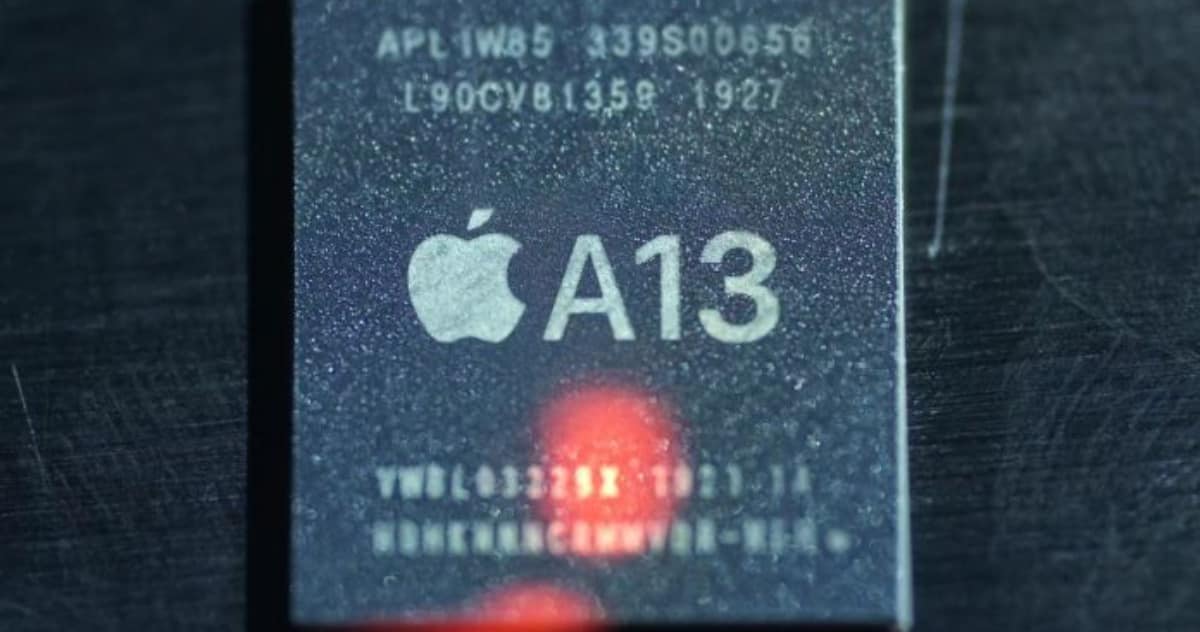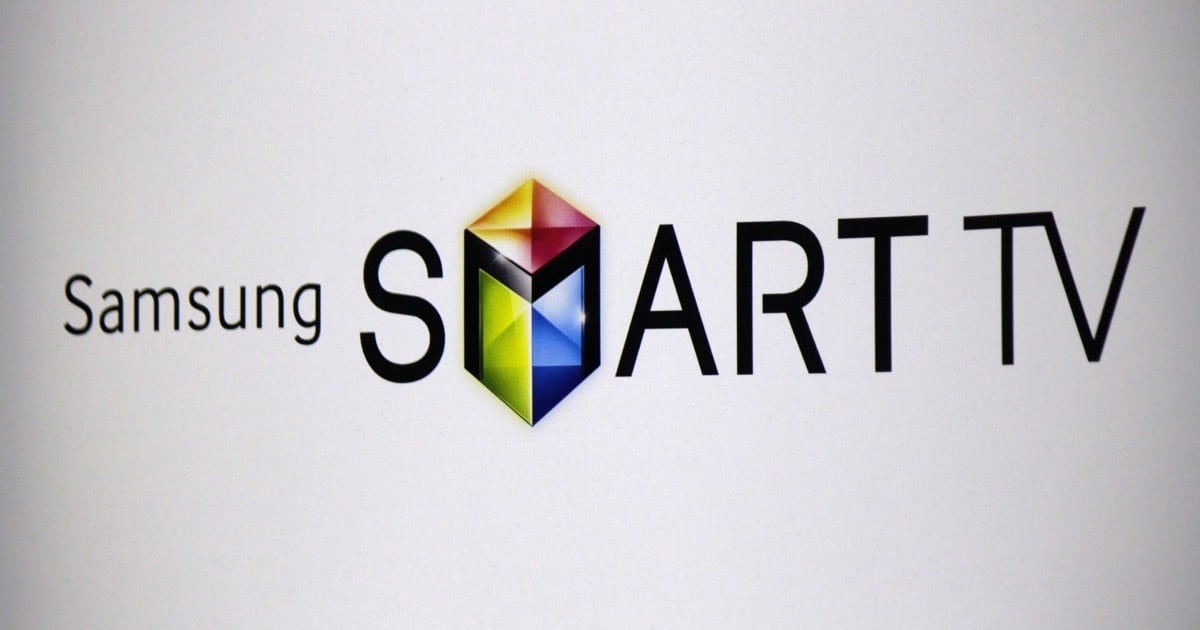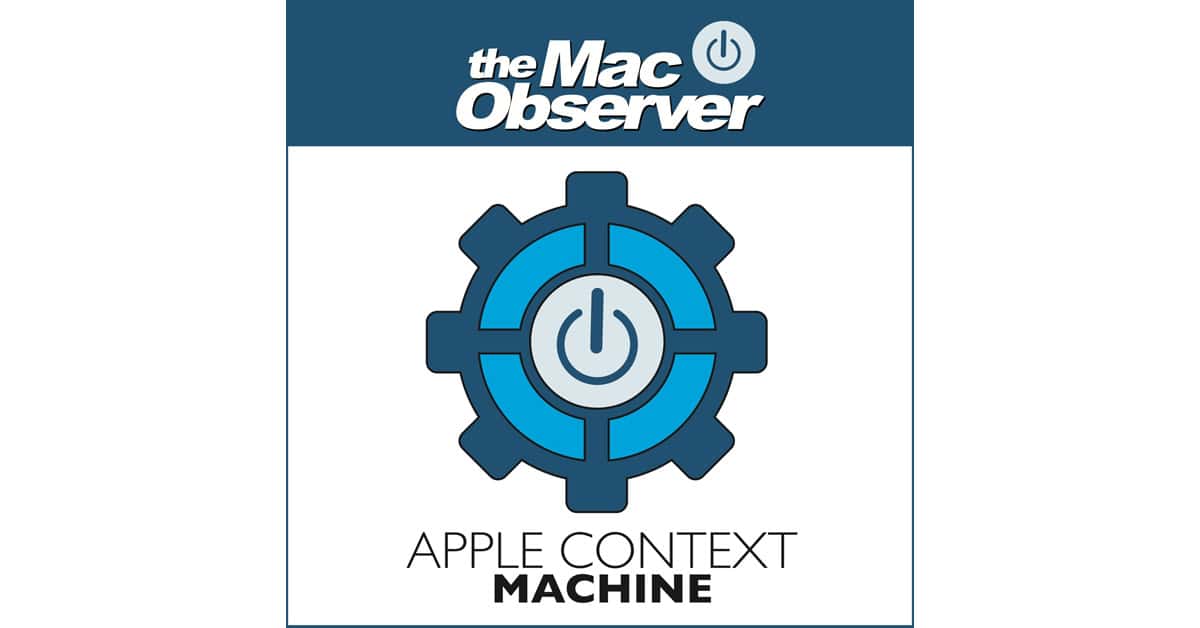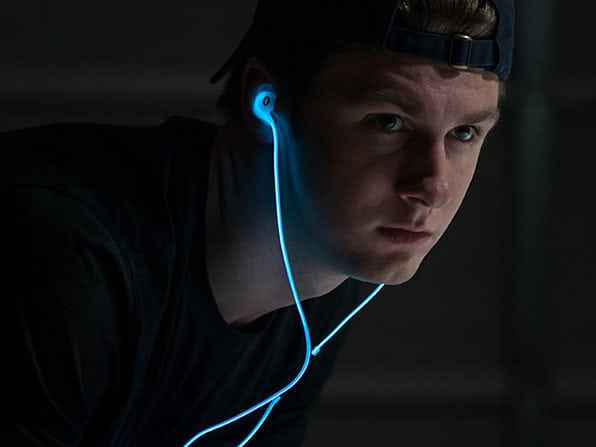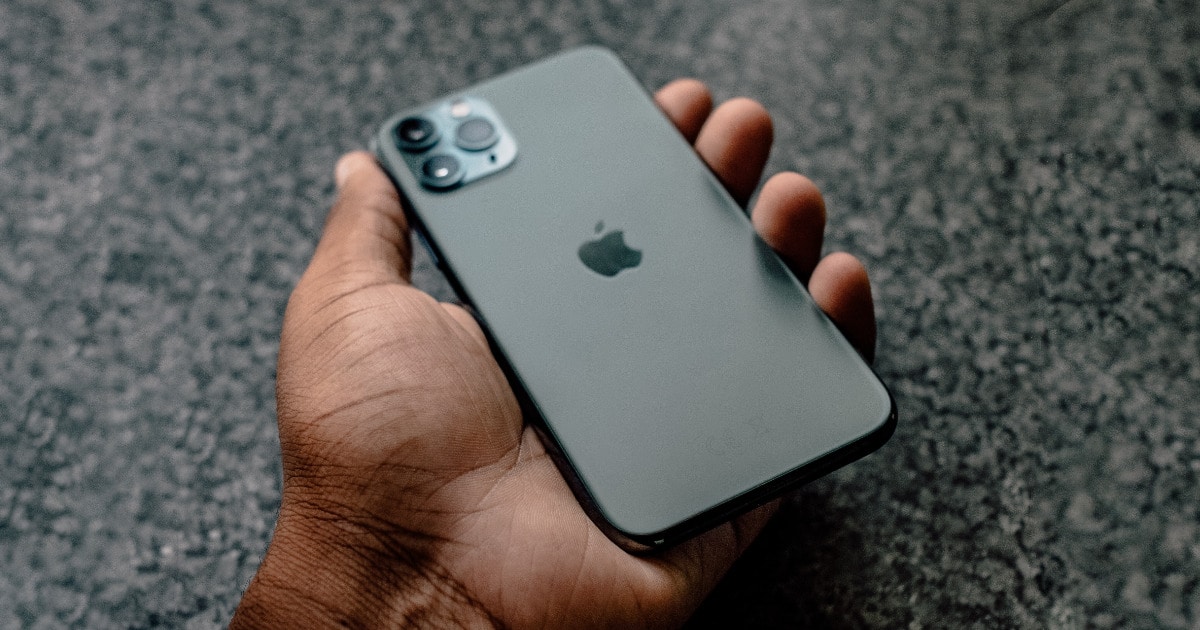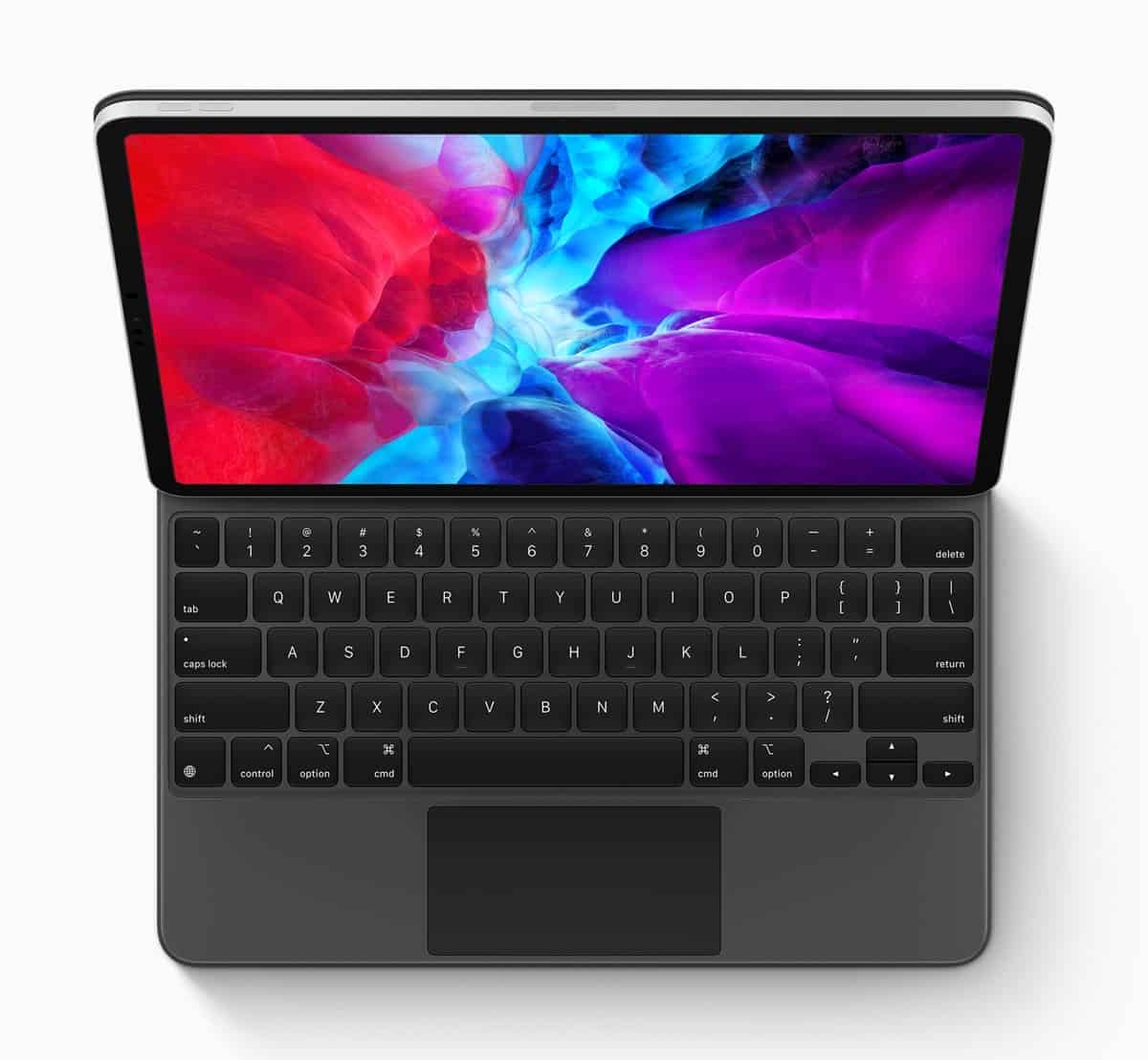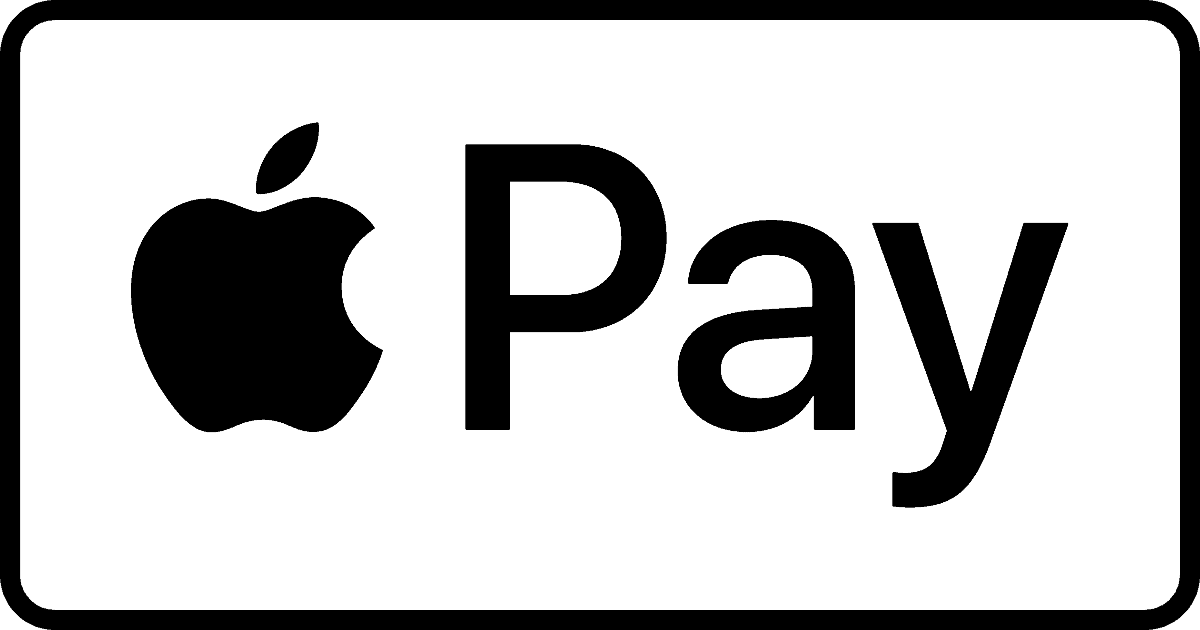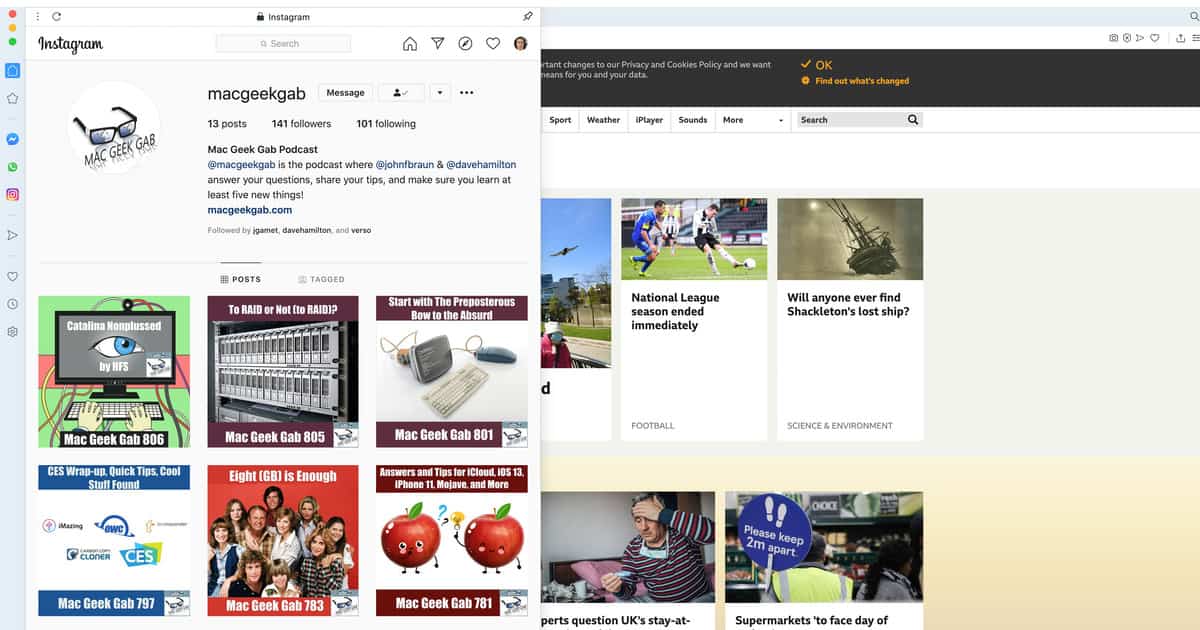Apple has offered significant financial support to its Premium Resellers in India to help mitigate the disruption from the COVID-19 outbreak.
Fortnite is Now in The Google Play Store, but Epic Games Isn't Happy About it
After an 18-month standoff, Fortnite is finally on the Google Play Store. However, Techcrunch reported that gamesmaker Epic Games is not all that happy about it.
“Google puts software downloadable outside of Google Play at a disadvantage, through technical and business measures such as scary, repetitive security pop-ups for downloaded and updated software, restrictive manufacturer and carrier agreements and dealings, Google public relations characterizing third party software sources as malware, and new efforts such as Google Play Protect to outright block software obtained outside the Google Play store,” an Epic Games spokesperson said in a statement. “Because of this, we’ve launched Fortnite for Android on the Google Play Store.” Epic Games withholding Fortnite from the Play Store was a very clear threat to Google’s app profits, though Google argued that downloading Android software outside of the Play Store presented a clear security threat to users who could unknowingly download malware from less reputable sites.
How to Sign a PDF Document on a Mac
Starting with macOS Lion (10.7) Apple introduced a nifty method of adding a written signature to a PDF document. But the procedure has changed over the years. Here’s how to do it today.
Apple to Sell Macs Containing its Own Processors From 2021
Apple is aiming to release Macs containing its own chips, instead of Intel processors, with the devices set to go on sale in 2021.
Dr. Mac's Productivity Prescription – TMO Daily Observations 2020-04-23
Today, Bob “Dr. Mac” LeVitus joins host Kelly Guimont to chat about ways each of them have discovered to be productive while not in a “regular” office.
Apple Music Comes to Newer Samsung Smart TVs
Apple Music is coming to newer models of Samsung smart TVs. This is the first time Apple Music has appeared on a TV besides the Apple TV.
Apple-Backed Coronavirus Contact-Tracing Tech Set to Arrive Ahead of Schedule
Apple’s coronavirus contact-tracing API will reportedly be available from April 28, days ahead of the original schedule.
Apple on a Roll, Apple TV+ and Streaming Video, with John Martellaro - ACM 527
John Martellaro joins Bryan Chaffin to discuss Apple’s recent roll when it comes to launching new products. They also talk about Apple TV+ and the other streaming video services, which are seeing a bit of a book thanks for shelter-in-place orders—including what it means for the future.
Enjoy Luminous Light Beating to the Rhythm of Your Favorite Music: $29.99
We have a deal on a pair of Spark Headphones, earbuds with a cable that glows and pulses to the beat of your music. You can also make the glow be steady, which is useful for being seen, or turn the glow off if you prefer to be a bit more incognito. The headphones have a microphone for calls and noise canceling. They’re $29.99 through our deal.
Report Finds iPhone 11 Sales Accounted for 66% in Q12020
A report today found that during the first quarter of 2020 iPhone 11 sales accounted for 66% of iPhone sales in the US.
Apple Care+ For iPad Pro Can Also Apply to New Magic Keyboard
If you bought one of the new iPad Pros you likely wanted Apple Care+ too. Cult of Mac explained how you can extend this coverage to your accessories, including the new magic keyboard.
Apple says “AppleCare+ extends your iPad, Apple Pencil, and Apple-branded iPad keyboard coverage and includes up to two incidents of accidental damage coverage every 24 months.” Obviously, that includes the new Apple Magic Keyboard for iPad Pro, the most expensive iPad keyboard Apple ever released. The version made for the 11-inch tablet is $299. And Apple asks $349 for the one designed for its 12.9-inch iPad Pro, putting this version of the accessory above the $329 price for the base-model iPad. Accidental damage coverage also covers the Apple Smart Keyboard Folio, which is either $179 or $199, depending on the screen size of the iPad Pro it’s intended for. The $99 Apple Pencil or $129 Apple Pencil 2 are also covered.
Data Privacy vs Data Security – TMO Daily Observations 2020-04-22
Bryan Chaffin, John Martellaro, AND Charlotte Henry join host Kelly Guimont to discuss the Apple/Google teamup and how that affects our data.
Should Apple Offer Discounts to Those With Disabilities?
Apple offers a variety of discounts – to veterans, to students, to government workers. However, as a reader highlighted to iMore, it does not offer such discounts to those with disabilities, despite the number of excellent accessibility features baked into Apple products. It’s a really interesting discussion, and the letter is very much worth reading.
I have tried everything else, which is to say Android and Windows. They are not the same. They do not work together seamlessly. They are not simple. They are not intuitive. They are not thoughtful. They do not have the built-in features I need. They do not have the third-party apps I need. They do not have Apple’s commitment to security. They do not have Apple’s commitment to privacy. They do not have Apple’s commitment to quality. They do not work with my brain… Accessibility features benefit everyone. It is disheartening when those features are not affordable to those who need it the most. Apple should extend discount pricing to all people with disabilities. Today.
FaceTime Didn’t See Much Growth due to COVID-19
A survey of 1,630 people found that among other video chat apps, Apple’s FaceTime got the highest satisfaction score, but didn’t see significant growth in users now that everyone is working from home.
Respondents consider FaceTime to be the easiest service to use, by far: it was ranked highest in terms of video quality and overall satisfaction. However, almost everyone reserved the service for one-on-one calls, and use of the app has barely changed since stay-at-home orders were put in place. Because FaceTime is only accessible to people with Apple products, it makes sense that current circumstances haven’t had a significant impact on the app’s popularity—it is quite likely that users interact with the app in much the same ways they did pre-COVID.
I’m thinking the biggest factor for this is the fact that FaceTime is only available on Apple devices. It’s not a good video conferencing app for businesses with multiple operating systems.
‘Insomnia’ iOS Exploit Used to Target Uyghurs in China
An iOS exploit called Insomnia was used between January and March 2020 to spy on Uyghurs in China using apps like Signal and ProtonMail.
Apple Pay Expands to More Banks in Germany
Apple Pay is now available to more customers in Germany. Banks within the Volksbank Raiffeisenbank collective are offering the service, AppleInsider reported.
The banking cooperative, which includes DZ Bank, Fiducia & GAD, VR Payment and DG Verlag, was initially scheduled to roll out support in 2019. It is unclear why BVR delayed rollout into 2020. With Volks- and Raffeisenbank on board, nearly all major German banks are in the Apple Pay fold, though Postbank, Targobank and Santander remain notable holdouts. Apple’s mobile payments service debuted in Germany in late 2018 with support from Comdirect, Deutsche Bank, Fidor Bank, Hanseatic Bank, HypoVereinsbank and prepaid service Edenred. Mobile banking services Boon, Bunq, N26, o2, Square and VIMpay were also added at that time, while credit card companies American Express, MasterCard and Visa offered limited integration.
You Can Now Use Sign In with Apple on Squarespace
You can now use Sign In with Apple on Squarespace, the latest company to support Apple’s private sign in service.
Opera Builds Instagram Into Desktop Browser
Opera has added an Instagram sidebar allowing users to browse the photo-sharing network directly, without having to head to the web-version.
iPhone Zero Day Found, Will Be Patched in iOS 13
An iPhone zero day has been found in the wild that takes advantage of two vulnerabilities in the Mail app. It’s currently unpatched in the public release of iOS.
iPhone Factories in China Cut Workers Due to Drop in Demand
Major iPhone assemblers in China are cutting workers and stopping overtime at their factories as demand drops.
Wirelessly Transfer Music, Videos, PDFs, More to Apple Devices with WALTR 2: $19
We have a deal on WALTR 2, which lets you manage the content on your iPhone or iPad from your Mac or Windows PC without iTunes. It will handle some file conversions, too. Check out the promo video below. You can get WALTR 2 for Mac for $19 through us. There’s a deal on the Windows version on the page, too.
Pixelmator 2.5 Adds File Browser, Photo Browser, Image Size Presets
Announced in March, Pixelmator 2.5 is officially released today, bringing features like a native File browser, photo browser, and image size presets.
This update is a really big deal for Pixelmator for iOS. These new features might not be amazingly flashy but they’re incredibly important to the future of Pixelmator for iOS. And the headline feature is the awesome Files-based document browser, bringing a much-improved file browsing and opening experience along with great features like file search, tagging, and more.
App Store: US$4.99
Apple History: iMac Edition – TMO Daily Observations 2020-04-21
Charlotte Henry and Bryan Chaffin join host Kelly Guimont to discuss the iMac and how it fundamentally changed both Apple and consumer tech.
Apple Music Bosses Auction Lunch Meetings in Support of Childhood Cancer Charity
Some top Apple Music execs are auctioning 30-minute meetings in support of childhood cancer charity Pablove, 9to5Mac reported. Those involved are Global Creative Director Larry Jackson, Global Head of Video Production, Content Denise Watts, and Creative Producer, Artist Relations + Partnerships Alexa Dedlow. The auctions are being conducted by Charitybuzz and are open until May 7.
Tim Cook raised a record-breaking $688,999 for his charity auction back in 2017. While these latest Apple employee auctions won’t see near the same numbers, it’s wonderful to see Apple Music leaders donating their time to such a great cause. Pablove, a childhood cancer charity will see a meaningful donation from the three separate Charitybuzz auctions from these Apple Music leaders: Global Creative Director Larry Jackson, Global Head of Video Production, Content Denise Watts, and Creative Producer, Artist Relations + Partnerships Alexa Dedlow. Each auction is for a 30-minute lunch meeting with the respective Apple Music leader in the L.A. area. Bidding is open until May 7th.



